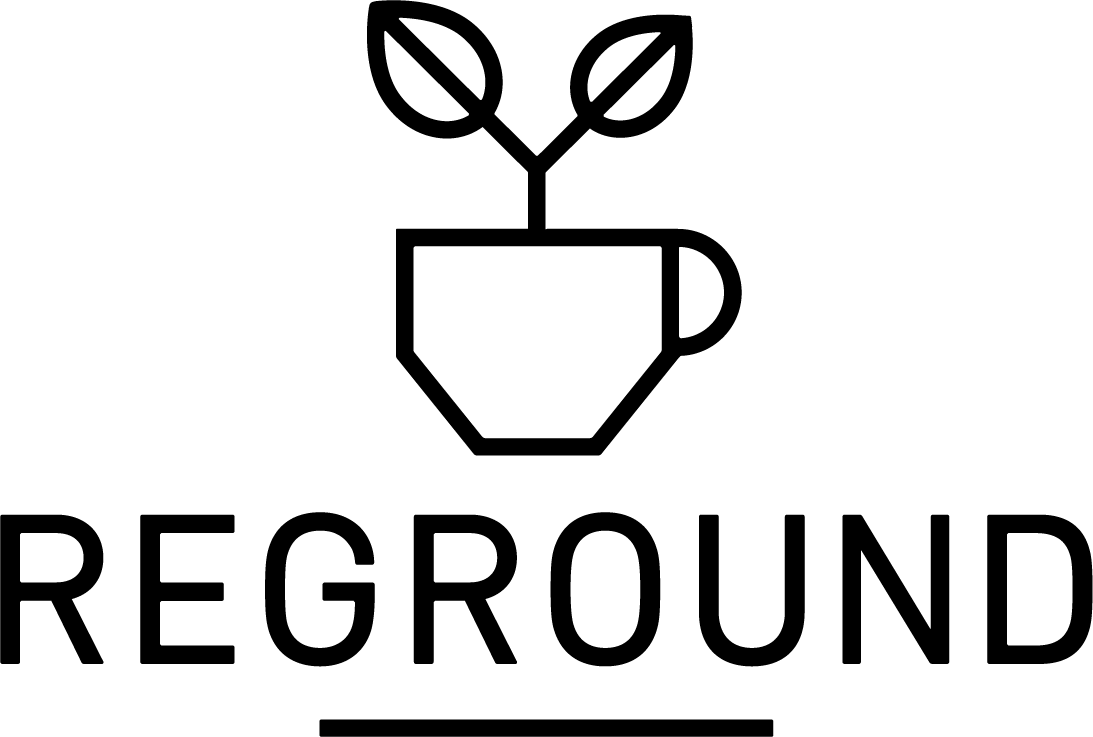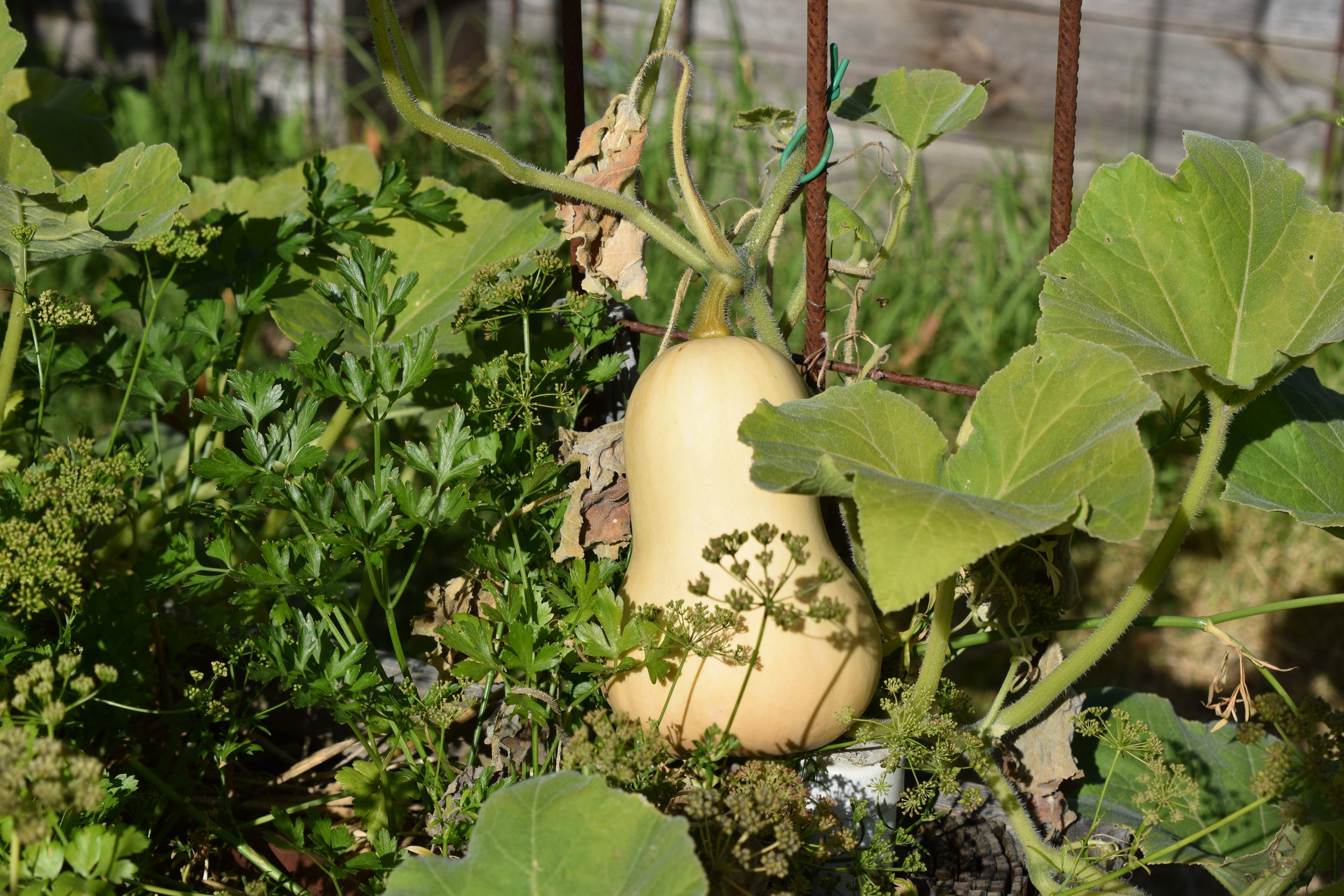Top 5 uses for coffee grounds that will revolutionise your gardening routine
Coffee is more than just your morning pick-me-up, it’s also a powerful ally in your garden. If you’ve ever wondered what to do with used coffee grounds, the answer is simple: put them to work in your garden beds. With the right know-how, those leftover grounds can nourish your soil, protect your plants, and give waste a second life. In this blog, we’ll walk you through the top uses for coffee grounds and how they can transform your gardening game while contributing to a healthier planet.
Why coffee grounds belong in every garden
Used coffee grounds are a sustainable gardener’s dream. Rich in nitrogen and other organic matter, they improve your soil’s structure, support healthy microbial activity, and help your plants thrive. Plus, they’re free and abundant.
Sourcing used grounds through services like Reground ensures you receive clean, uncontaminated materials that have been diverted from landfill and repurposed for good. This supports a circular economy, turning waste into a valuable resource and helping both the planet and your plants flourish.
Not only is this one of the smartest uses for coffee grounds, it’s also one of the easiest ways to be a little greener every day.
Soil boosting uses for coffee grounds
Let’s start with the basics: healthy soil. If you’re looking for a natural way to improve your soil’s structure, coffee grounds and composting are a match made in heaven.
Add to compost: When added to your compost pile, coffee grounds speed up decomposition thanks to their high nitrogen content. They balance out “browns” like dry leaves and cardboard, making your compost richer and more effective. This is one of the best ways to create compost from coffee grounds that’s bursting with nutrients.
Work directly into soil: You can also dig them straight into garden beds. This improves aeration and drainage while providing a slow-release nitrogen source; ideal for acid-loving plants like azaleas, blueberries, and camellias.
Encourage microbial activity: Good bacteria love coffee grounds. Adding them to your soil stimulates microbial life, which improves soil health and helps plants absorb nutrients more efficiently.
Whether you’re creating coffee grounds compost or using them as a soil additive, they’re an easy win for any gardener.
Natural Pest Control Uses for Coffee Grounds
If slugs, snails or ants are making a meal of your garden, coffee grounds may be just what you need. Their gritty texture and natural caffeine content act as a deterrent to many common pests.
Repel snails and slugs: A barrier of coffee grounds around vulnerable plants can stop these slimy intruders in their tracks.
Keep cats at bay: Cats dislike the smell and texture of coffee grounds, making them a safe and natural deterrent.
Discourage ants: Scattering grounds around anthills or entry points may disrupt their scent trails.
Unlike chemical pesticides, coffee is safe for your soil, your plants, and the broader ecosystem. It’s one of the most environmentally friendly uses for coffee grounds and another reason to hold onto those spent beans.
Sustainable Mulching & Fertilising Tips with Coffee Grounds
Mulch doesn’t just look tidy, it conserves moisture, reduces weeds, and moderates soil temperature. Mixing coffee grounds with dry mulch materials like leaves, straw or wood chips creates a nutrient-dense blend perfect for garden beds.
Use as a mulch base: Spread a thin layer beneath existing mulch to retain moisture and slowly feed your plants.
Create a slow-release fertiliser: Coffee contains small amounts of nitrogen, potassium and magnesium. When mixed with compost or soil, it releases nutrients gradually, acting as a gentle, natural fertiliser.
This approach to coffee as plant food helps your garden thrive while keeping waste out of landfill. If you’ve ever wanted to recycle coffee grounds, this is a fantastic place to start.
Get fresh coffee grounds for your garden through reground
Reground makes it simple for gardeners to access clean, separated coffee grounds that would otherwise end up in landfill. Through our collection and redistribution service, we connect local cafes and roasters with individuals and community gardens that need high-quality coffee grounds for composting and soil enrichment.
Whether you're starting out with coffee grounds and composting or looking to scale up your efforts, Reground has the resources to help. We provide guidance on how to use your grounds effectively, as well as ongoing access to fresh materials.
Ready to get started? Explore our uses for coffee grounds guide or sign up for deliveries via Reground’s Coffee for Your Garden program.



